Executive Summary. If you went to college for an engineering degree and you work in a field with professional engineers, get your professional engineering license. Here’s why.
What is a “P.E.”? P.E. are two letters you see on business cards after someone’s name; they stand for professional engineer. Also known as a “licensed engineer”, most disciplines of engineering offer certification, or registration, as a professional engineer in all 50 states. Disciplines that offer licensing include, but are not limited to, civil, mechanical, chemical, structural, geotechnical, and electrical.
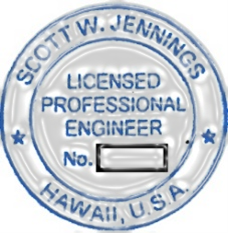
I don’t need it, I’m in construction. Well, this is true. It is likely not often, if at all, necessary to have your professional engineer license when in construction. Most of the time you’re subcontracting out professional engineering services. So, yes, you’re right – you don’t need a P.E. license.
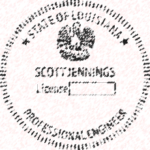
But, maybe you should get it. Have you been in a meeting when you felt a bit “lectured” by the engineer of record? Have you wanted to say “uh, yeah, but have you ever built a structure like this buddy? It’s not buildable like this and I can satisfy your design intent by doing such-n-such.” That argument can come over with a bit more “umph” when you have those two letters at the end of your name on your business card.
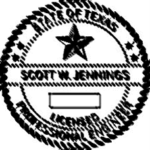
One day you’ll “not be getting any younger”. If you’re in construction now, you’re runnin’ and gunnin’ and maybe not needing the fancy letters after your name. But, maybe one day you’ll want a slight career change. That may be inspection, construction management, expert witness, litigation support, claim preparation, or who knows what.
Some of these roles require a P.E. license. Some of these roles would “love it if you had” a P.E. license. Trust me, your older self may want a career change, and will wish that twenty-five years ago you had gotten that P.E. license to allow some more doors to open now, twenty-five years in today’s future.
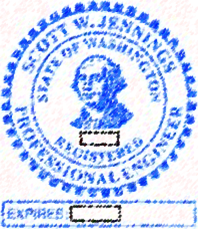
My story. I went to college for civil engineering. I worked hard. I was studying calculus, dynamics, differential equations, or writing up a soil mechanics lab report on a Friday night when my non-engineering friends were doing something else. Something probably more fun. I wanted the P.E. because I earned it. Because I could. Who goes to medical school and doesn’t get an M.D.? Who gets a legal degree and doesn’t sit for the Bar?
The argument that “it brings on liability” is true. If you design something and stamp it, you’re on the hook forever (if it’s a permanent structure).
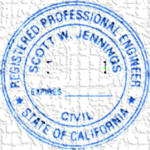
If you are a P.E. and you see an unsafe event and there’s property loss or personal injury and you were there and didn’t say something, you could be liable. Get over it.
Don’t forget that your degree and license also obligate you to protect the public. That responsibility is an awesome and daunting one. You should be honored to serve in that capacity.

In conclusion, frankly, it’s cool. I’m Scott Jennings, P.E. in nine states and territories because I can. And, having my license in these states has opened up opportunities to me that are only achievable with a license.
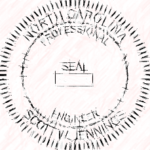
Work safe!






0 Comments